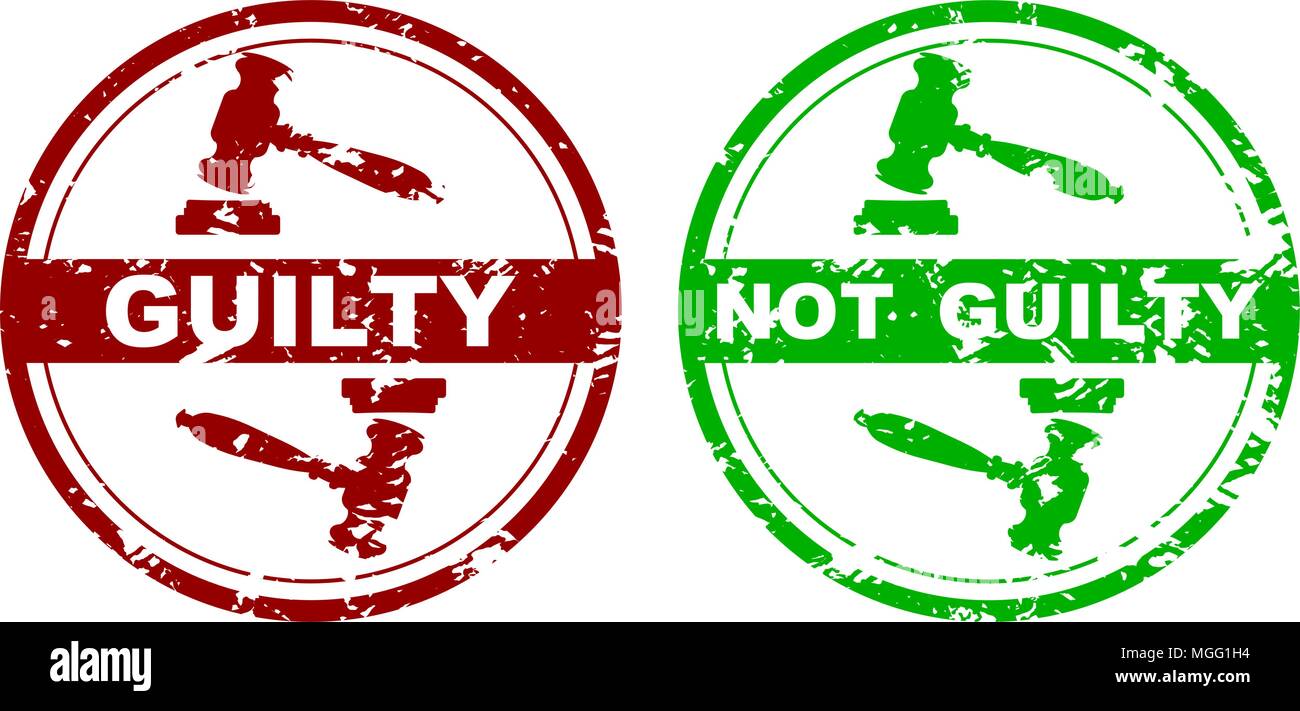

Mistaken Witness Identification (MWID)-At least one witness mistakenly identified the exoneree as a person the witness saw commit the crime. Jailhouse Informant (JI)- A witness who was incarcerated with the exoneree testified or reported that the exoneree confessed to him or her. This only includes innocence organizations that are independent of government bodies - it does not include CIUs or Innocence Commissions. Innocence Organization (IO)-An innocence organization helped secure the exoneration.
ACQUITTAL VS NOT GUILTY TRIAL
Inadequate Legal Defense (ILD)-The exonoree's lawyer at trial provided obviously and grossly inadequate representation. Homicide (H)-Exoneree was convicted of either murder or manslaughter. A guilty plea is not a confession.įalse or Misleading Forensic Evidence (F/MFE)-Faulty or misleading expert or forensic evidence may have led to a factually erroneous conclusion, at any stage of the investigation or adjudication, that contributed to the defendant's false conviction. A statement that is not at odds with the defense is not a confession. A statement is not a confession if it was made to someone other than law enforcement. (This does not necessarily mean that the prosecutorial office in question made a factual determination that the defendant is innocent.)ĭNA - Post-conviction DNA testing was conducted and contributed to the exoneration. Cases denoted "DNA" are cases in which post-conviction DNA testing, analysis, or interpretation was conducted and the results were a factor in establishing the factual basis of the exoneration.įalse Confession (FC)-A confession is a statement made to law enforcement at any point during the proceedings which was interpreted or presented by law enforcement as an admission of participation in or presence at the crime, even if the statement was not presented at trial. These cases generally included bizarre and implausible claims by the supposed victims, frequently featuring satanic rituals.Ĭo-Defendant Confessed (CDC)-A codefendant of the exoneree, or a person who might have been charged as a codefendant, gave a confession that also implicated the exoneree.Ĭonviction Integrity Unit (CIU)-A Conviction Integrity Unit in the prosecutorial office that prosecuted the exoneree helped secure the exoneration. A person who otherwise qualifies has not been exonerated if there is unexplained physical evidence of that person's guilt.Įxoneree-A person who was convicted of a crime and later officially declared innocent of that crime, or relieved of all legal consequences of the conviction because evidence of innocence that was not presented at trial required reconsideration of the case.Īrson Case-the exoneree was convicted of arson, or the exoneration depended at least in part on evidence that the exoneree did not commit arson.Ĭhild Sex abuse Hysteria (CSH)-A case in which the exoneree was convicted of child sex abuse as part of a wave of child sex abuse prosecutions in the 1980s and 1990s based on aggressive and suggestive interviews of children who were thought to be victims. The evidence of innocence need not be an explicit basis for the official act that exonerated the person. The pardon, acquittal, or dismissal must have occurred after evidence of innocence became available that either (i) was not presented at the trial at which the person was convicted or (ii) if the person pled guilty, was not known by the defendant and the defense attorney at the time the plea was entered.

Exoneration occurs when a person who has been convicted of a crime is officially cleared after new evidence of innocence becomes available.Įxoneration-A person has been exonerated if he or she was convicted of a crime and, following a post-conviction re-examination of the evidence in the case, was relieved of all the consequences of the criminal conviction, and either: (1) was declared to be factually innocent by a government official or agency with the authority to make that declaration or (2) received (i) a complete pardon by a governor or other competent authority, whether or not the pardon is designated as based on innocence, or (ii) an acquittal of all charges factually related to the crime for which the person was originally convicted, in a court of the jurisdiction in which the person was convicted, or (iii) a dismissal of all charges related to the crime for which the person was originally convicted, by a court or by a prosecutor with the authority to enter that dismissal.


 0 kommentar(er)
0 kommentar(er)
